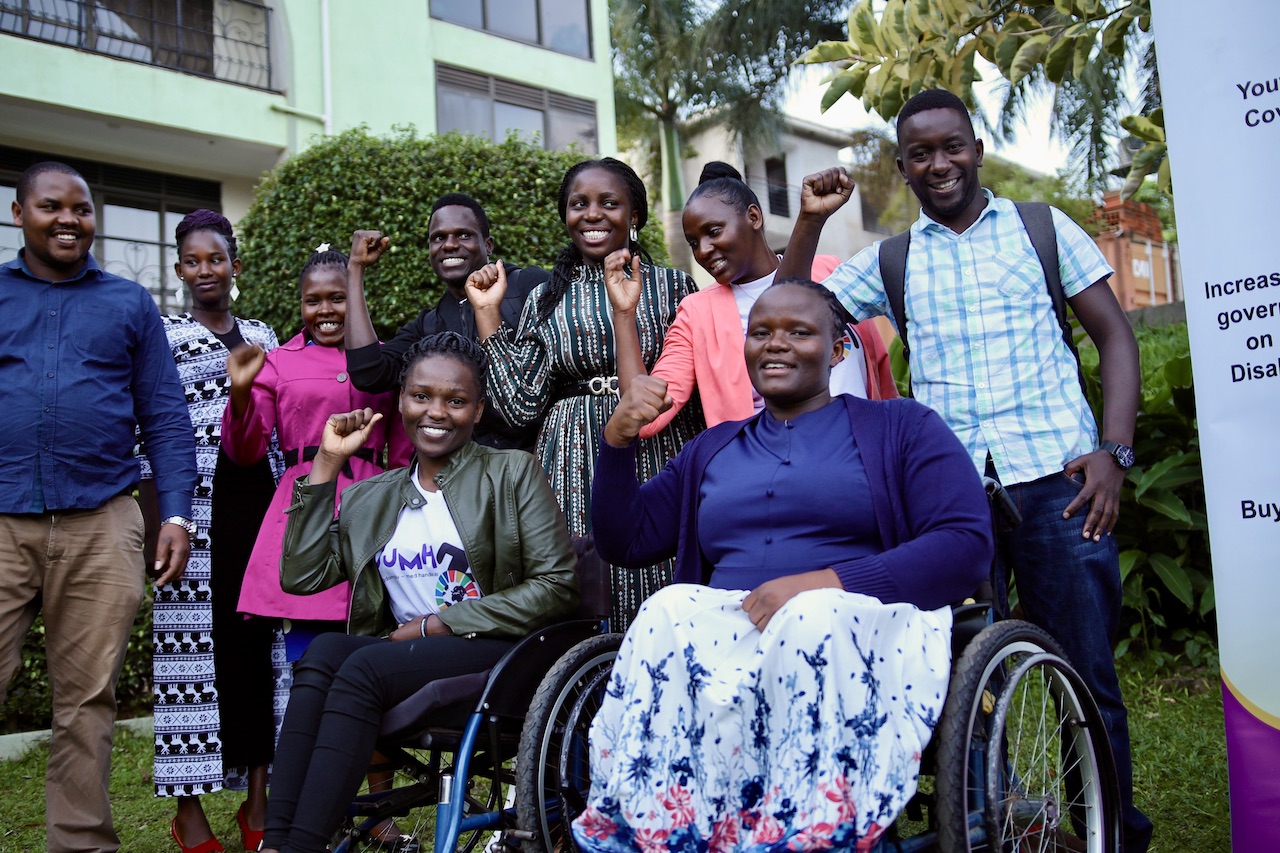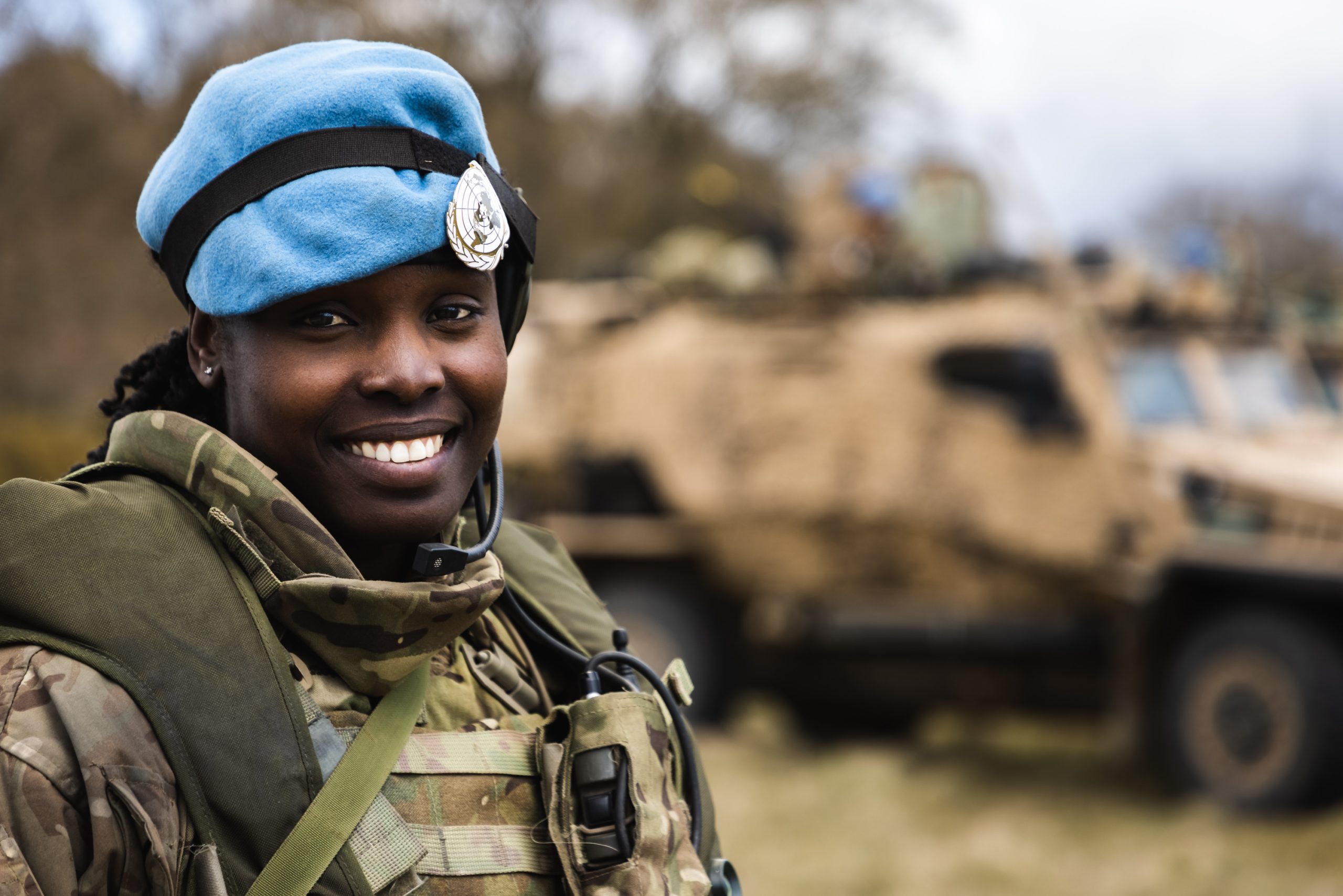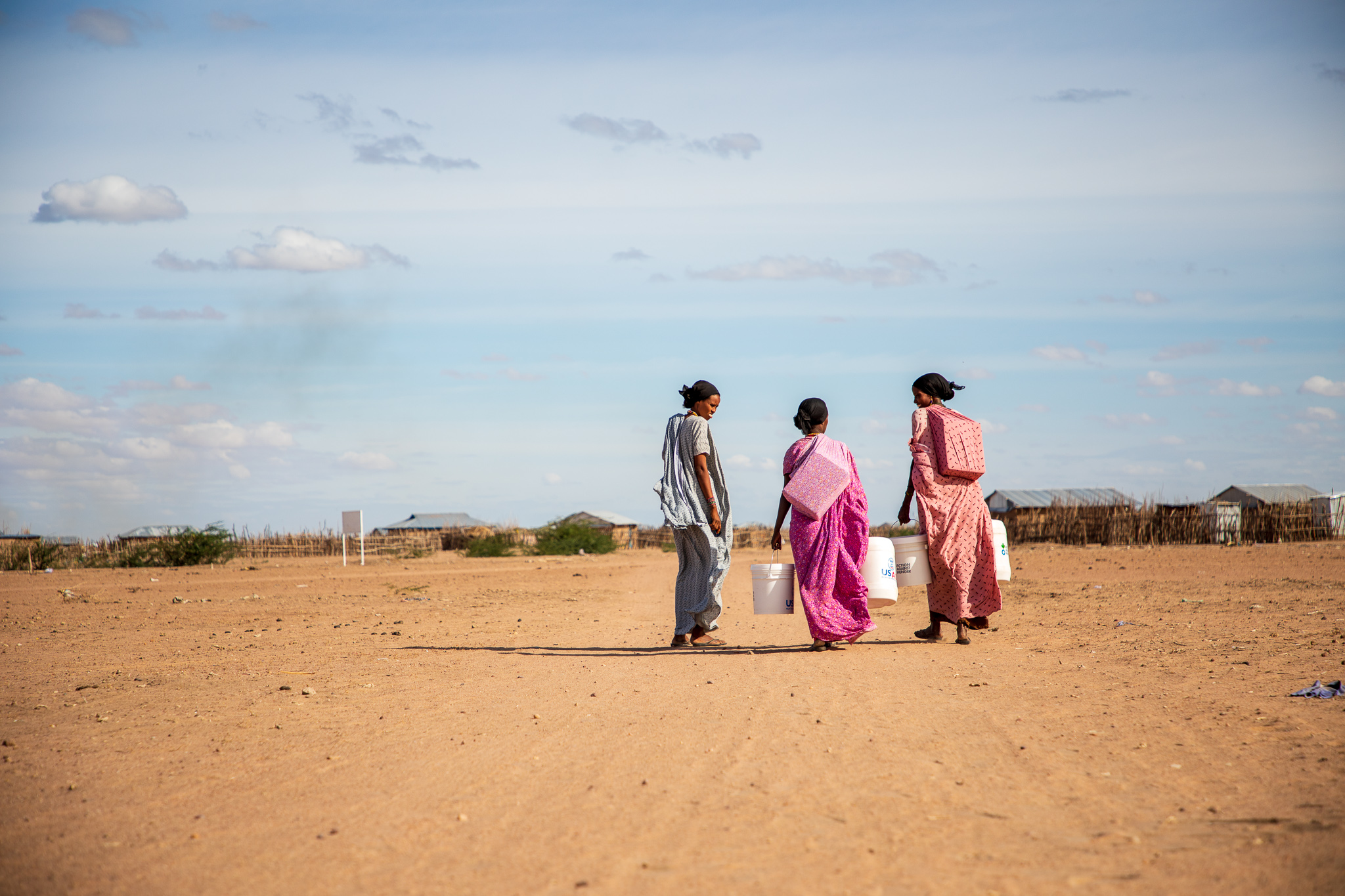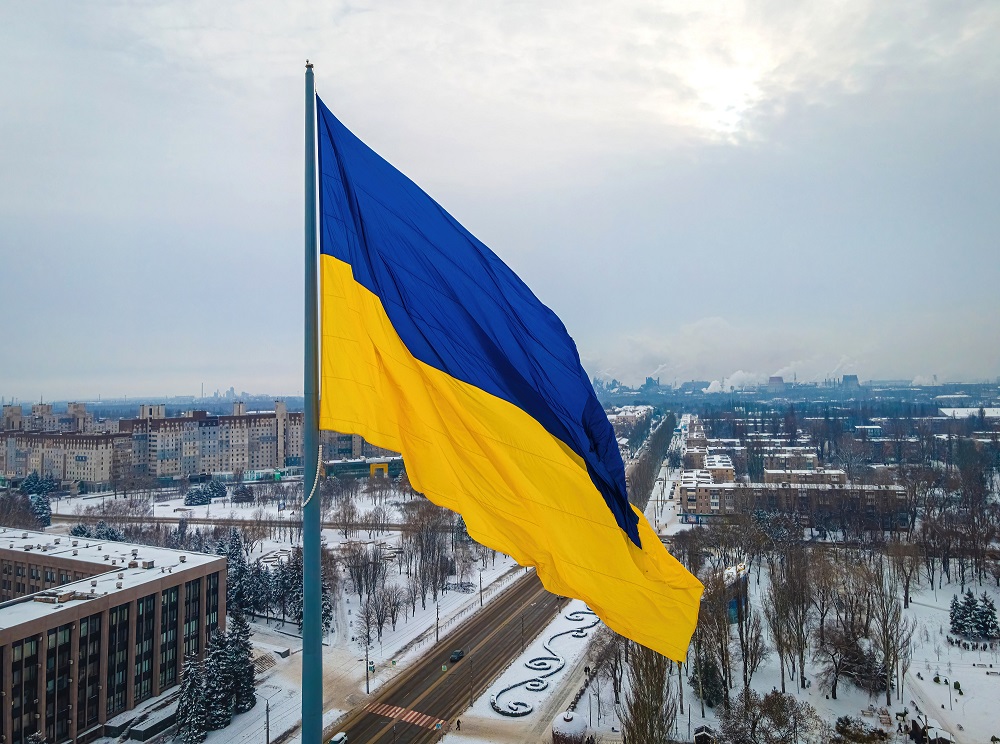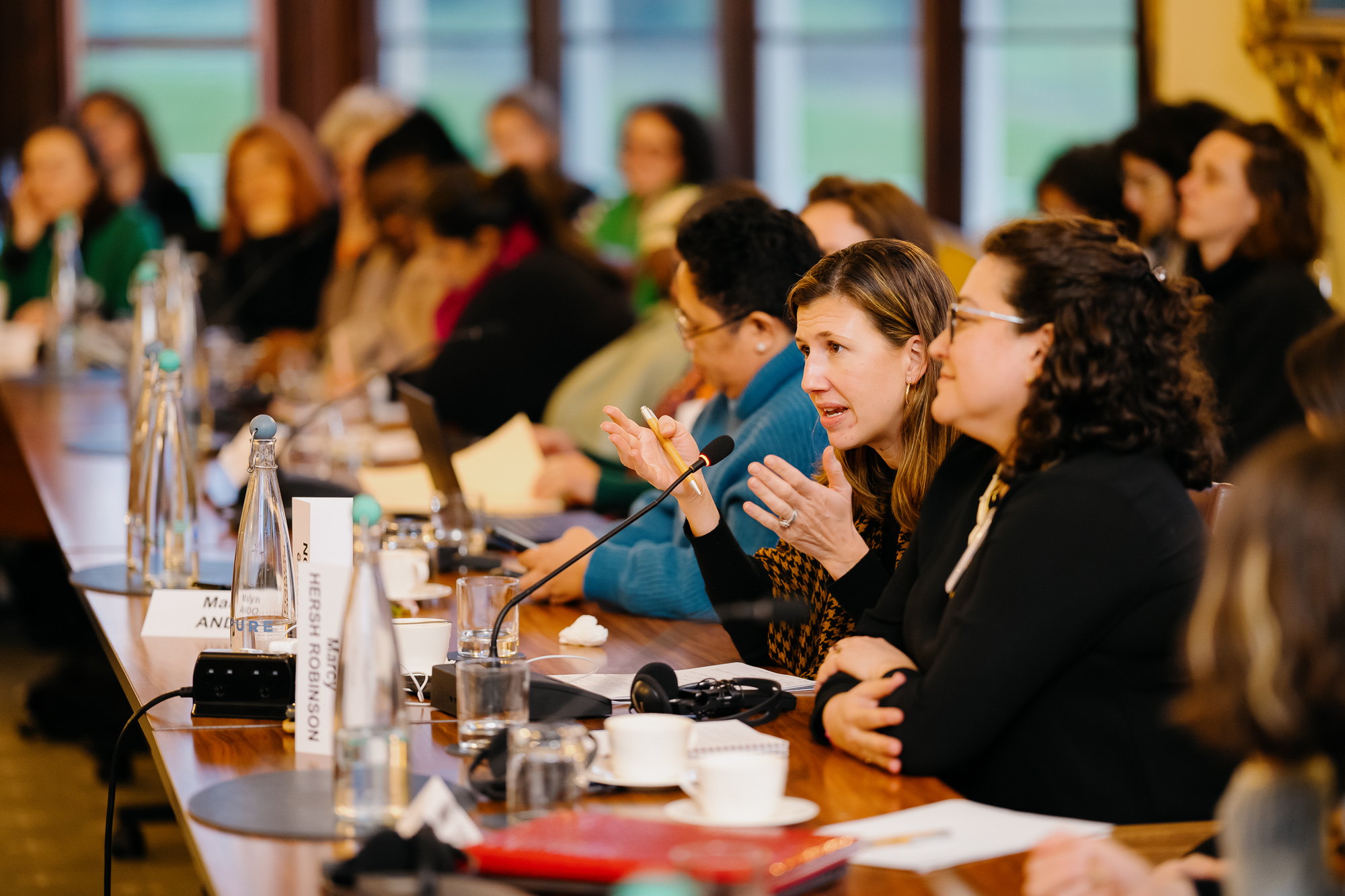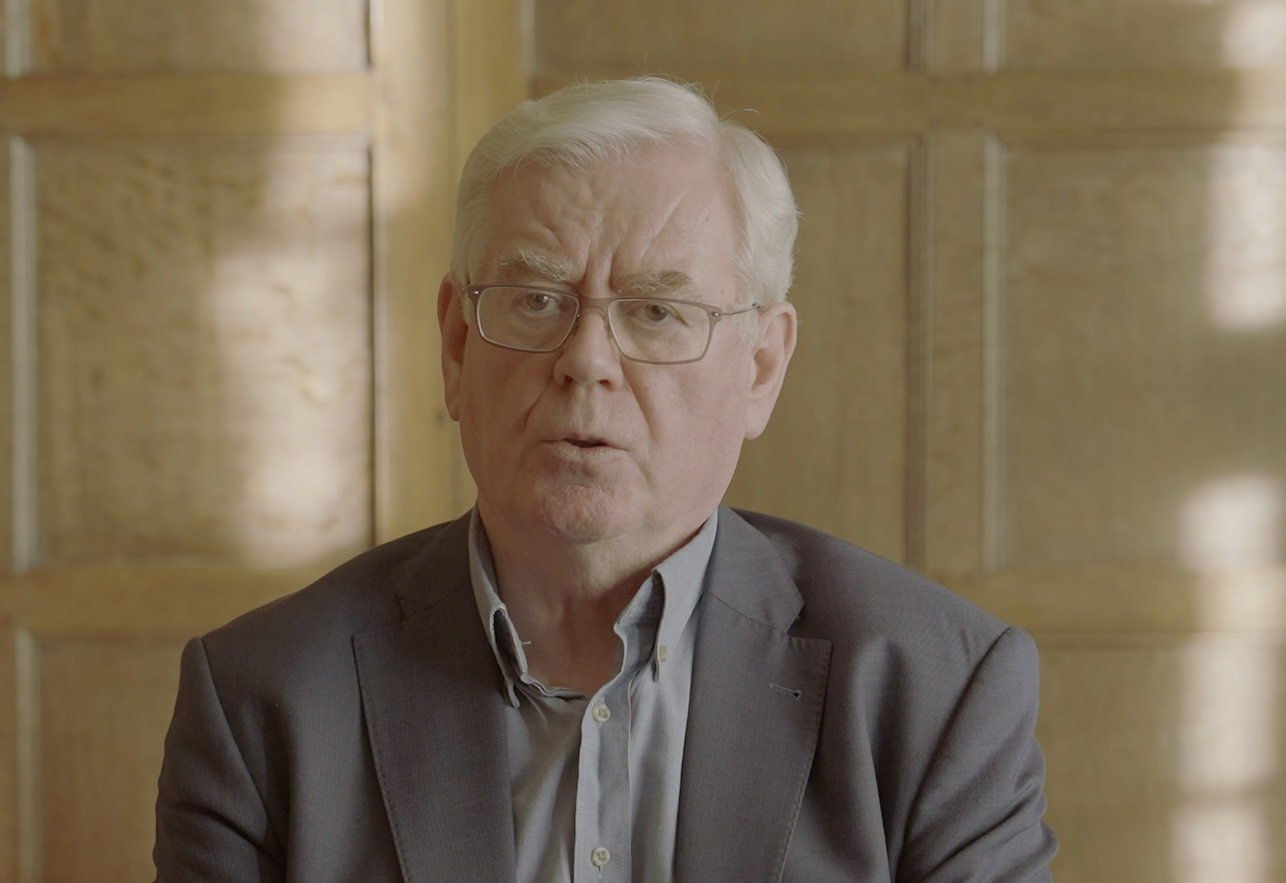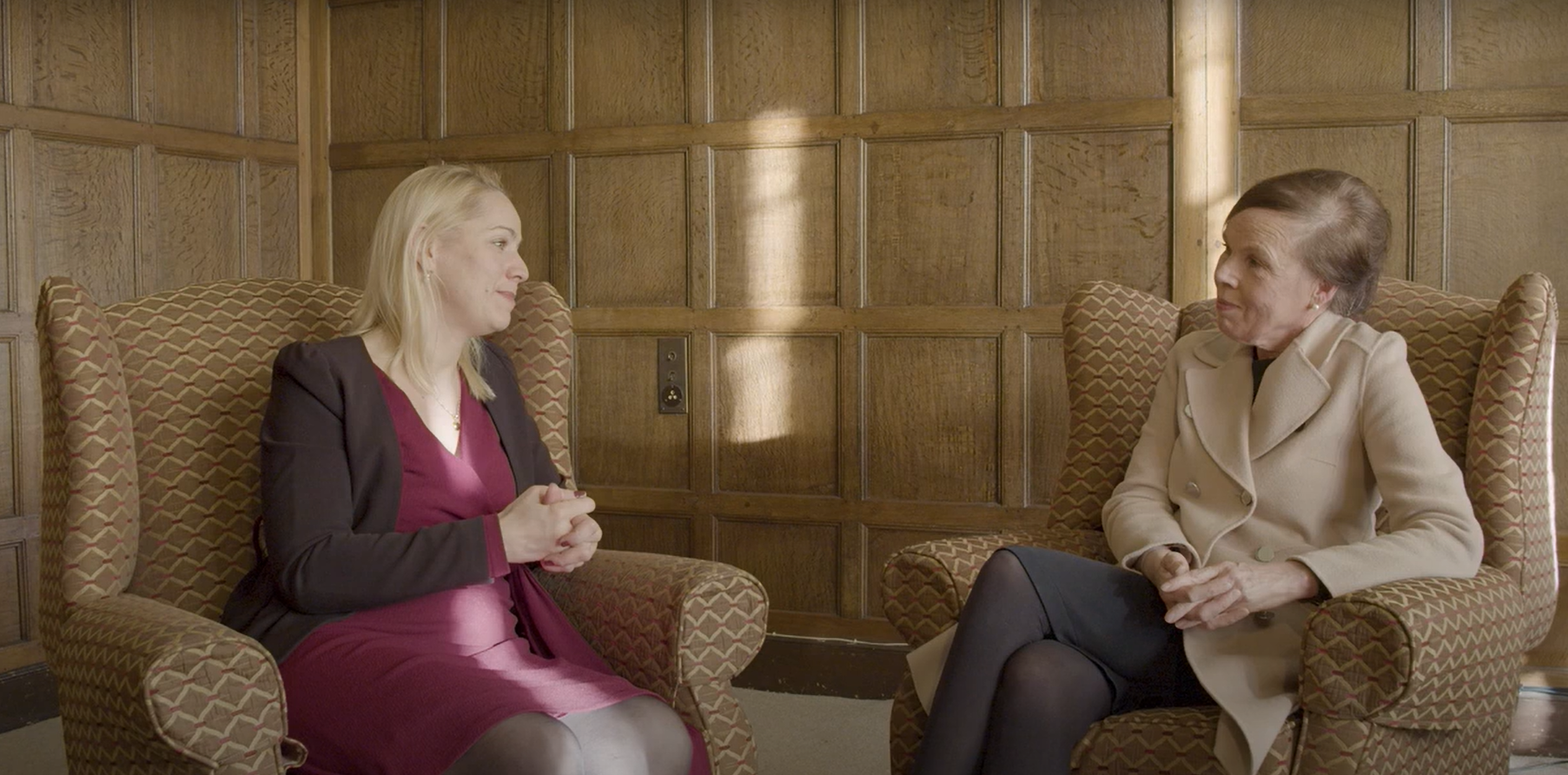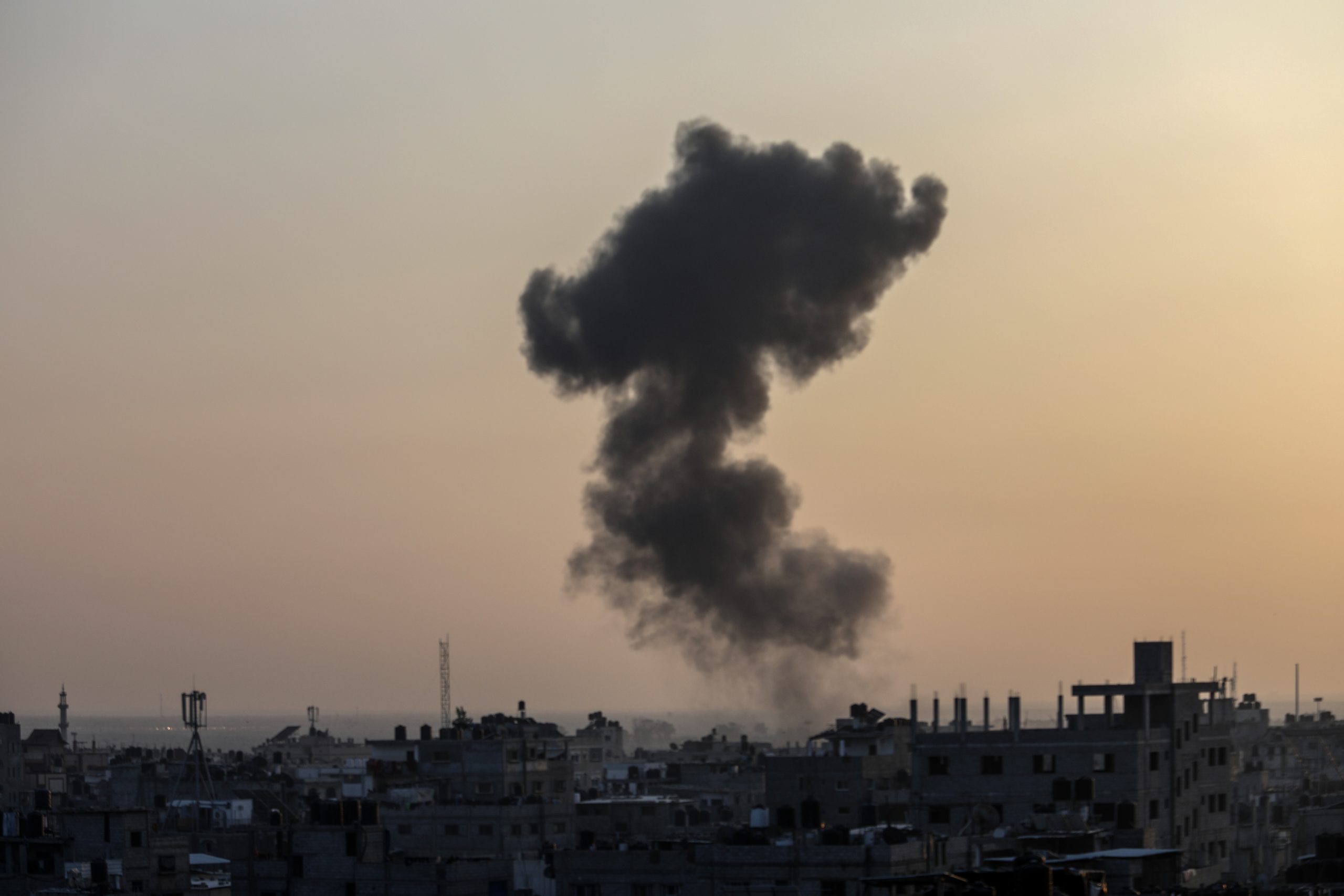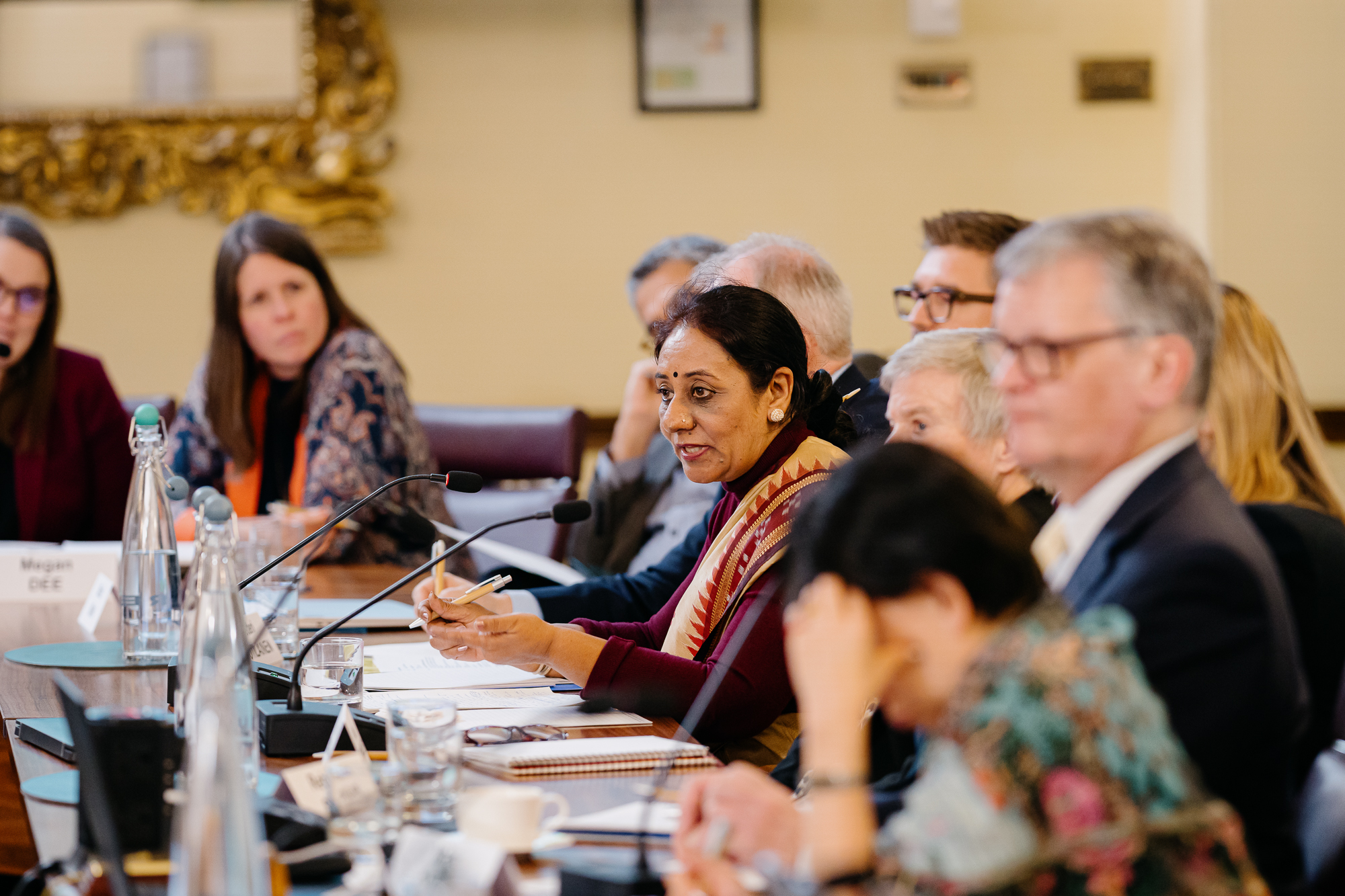Changing landscape of conflict has thrown up challenges that exceed the initial scope of existing peacebuilding. These have exacerbated the dilemma in a context where post-war peace tends to unravel within the first decade of the signing of an agreement.
Among others, the urgent questions inviting reflection included the following:-
- Whose thinking is shaping the peacebuilding agenda in Africa? What are the conceptual, methodological and paradigmatic issues in the face of complex conflict, peace and security challenges?
- Where is the African effort in rethinking the research and policy agenda in the evolving peacebuilding terrain?
- Are such African efforts contributing to new knowledge and practice in African peacebuilding? What, if anything, is new and/or transformational in these efforts?
- What are the relationships between these African efforts and international engagements on this peacebuilding terrain?
- If African efforts are not at the heart of this terrain, what should be done to enable African leadership in peacebuilding thinking and practice?
The key points to come out of the meeting were:
- The new challenges in the current African security terrain threaten established frameworks, existing capacity and approaches of both the United Nations (UN) and African organisations. A paradigm shift in the approach to peacebuilding in Africa is required to unlock the potential of these actors to overcome the challenges to building and sustaining peace in Africa.
- Conflict and crisis provide the opportunity for a re-organisation of the status quo, and for pivotal moments of potential change and creative innovation that can drastically alter the power and justice dynamics of societies and nations.
- There is a range of actors – from the local to the international, the state to the non-state; from those traditionally involved in peace and security issues to those only now coming into the conversation – that are part of, or work in concert with, the African peace and security architecture. Ways of working in complementarity with all of these actors need to be identified and put in place.
- It is important to understand peacebuilding as the entire range of interventions intended to maintain, restore and /or sustain peace and security within a given context. While often used to refer specifically to post-conflict activities, peacebuilding should also include any activities associated with conflict prevention, peacekeeping and peace-making.
- Peacebuilding models and processes need to take into account the range of understandings, priorities and concerns generally contained under the umbrella terms peace and security. Strategies need to take into account the non-military and non-violent aspects of conflict, and broader human security considerations.
- There is need to integrate communities of practice, communities of policy and communities of thought in developing peacebuilding strategies, processes and interventions, drawing from local examples to develop a toolbox of African approaches to peacebuilding.
- The nature of the state in Africa needs to be revisited and new models addressing the social contract between state and citizen developed for the twenty-first century, taking into account citizen aspirations, realities, priorities and citizen-led processes. Issues of social and economic justice need to be central.
- Africa has as much to contribute to global discourses on peacebuilding as it has to benefit from them. Strategies and approaches developed in Africa need to be documented, theorised and made available to the global community to which the continent belongs.
Video
Peacebuilding in Africa – the story so far
We spoke to four representatives from the organisations that have been at the heart of the series from the start, and asked for their perspectives on the series.
Further information
Reflections from the conference: Interview with Professor Michael Pugh, Kujenga Amani, a digital project of the Social Science Research Council
Meeting report by the African Peacebuilding Network, Social Science Research Council, New York
Meeting report by the African Leadership Centre
Carnegie Corporation to fund two conferences on Peacebuilding in Africa


